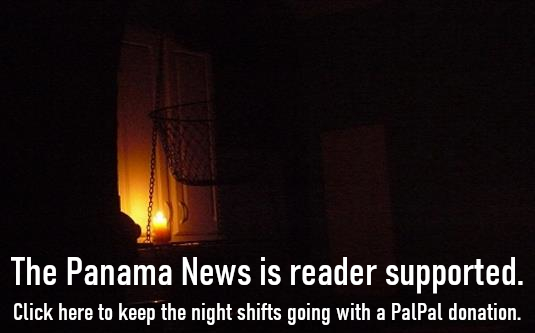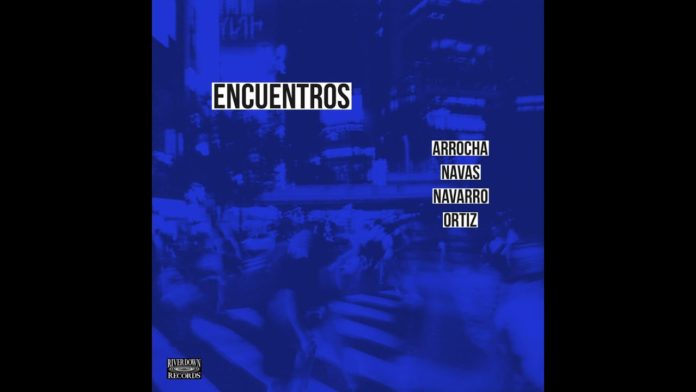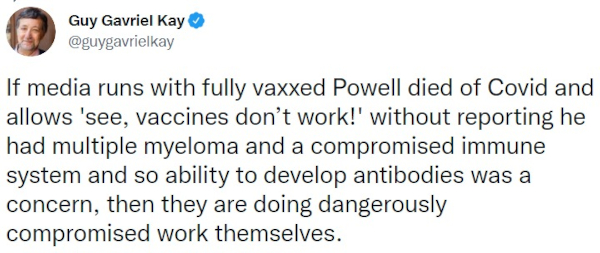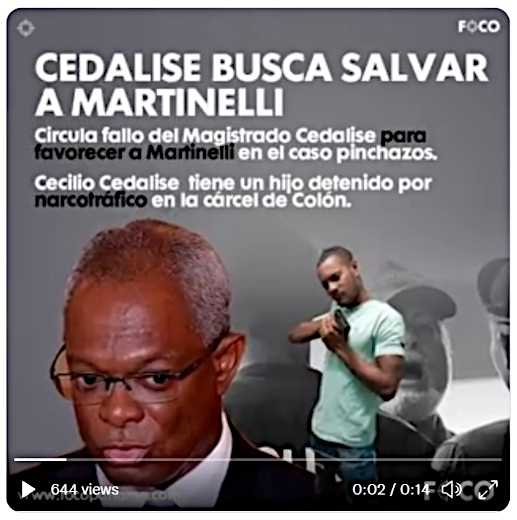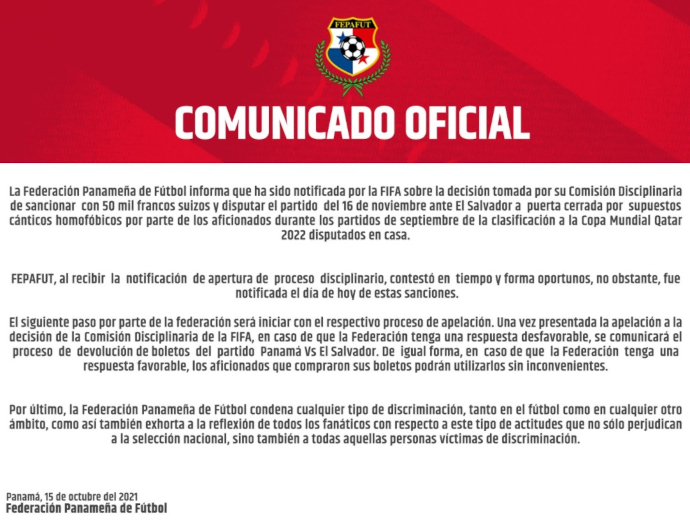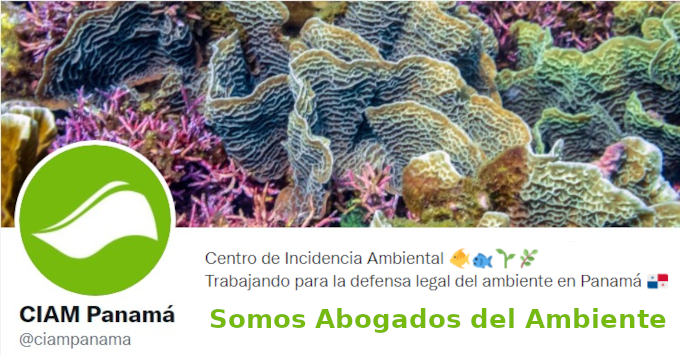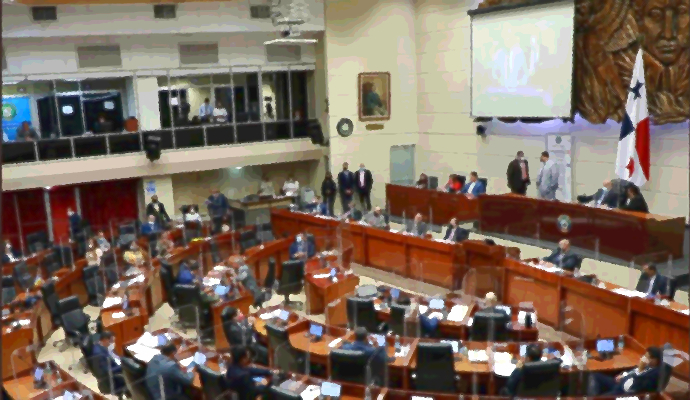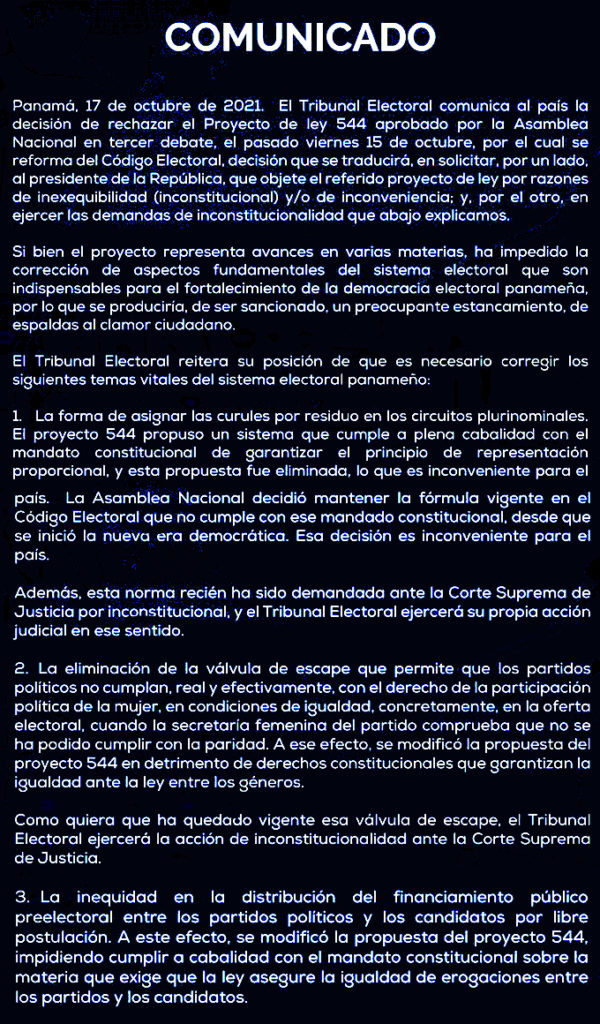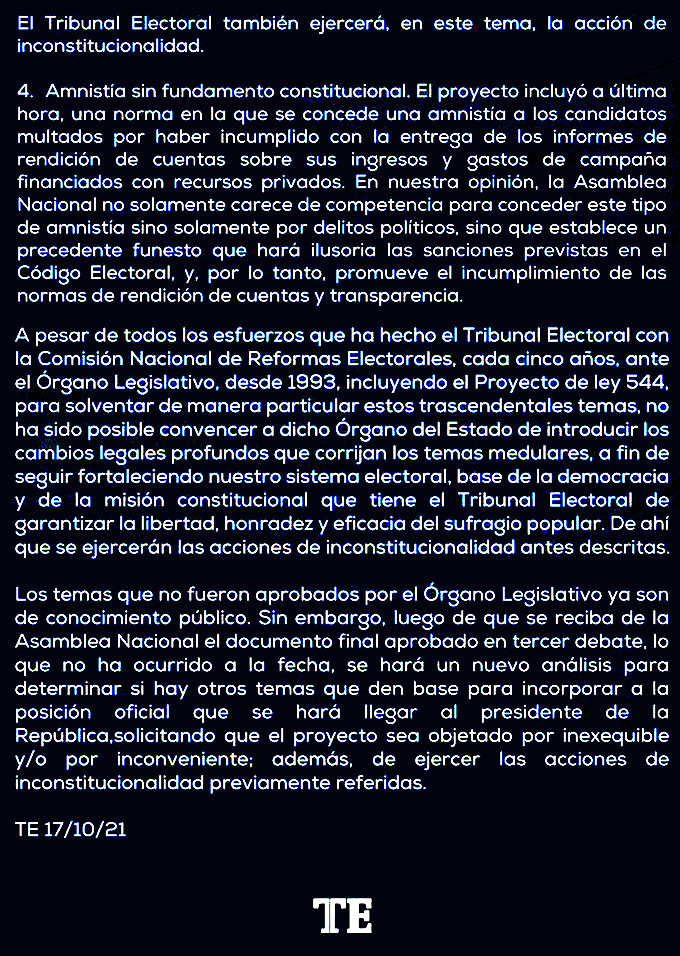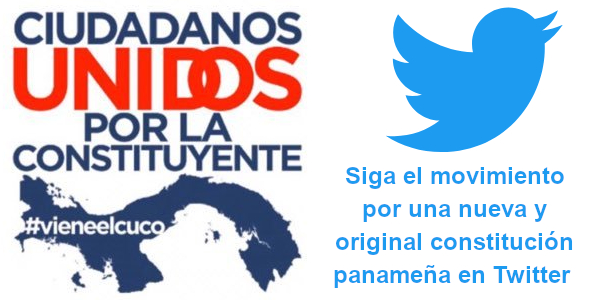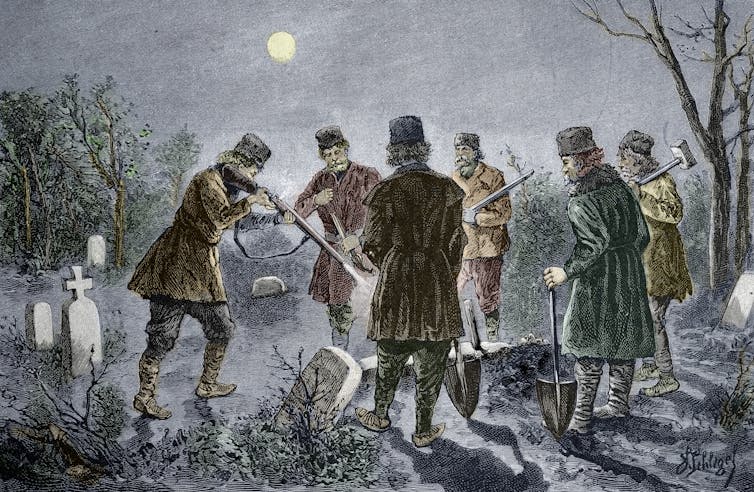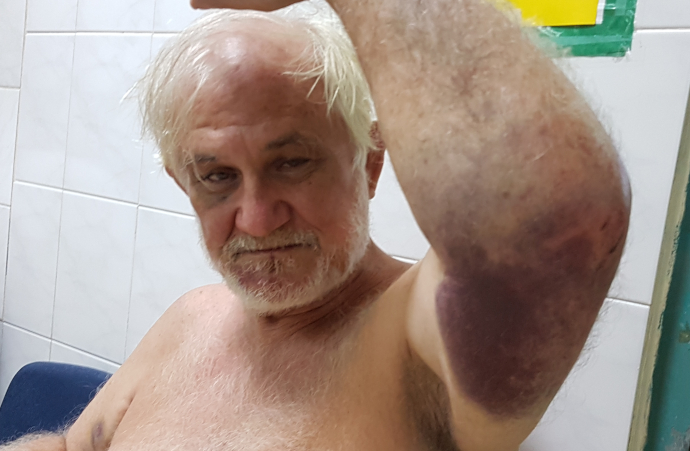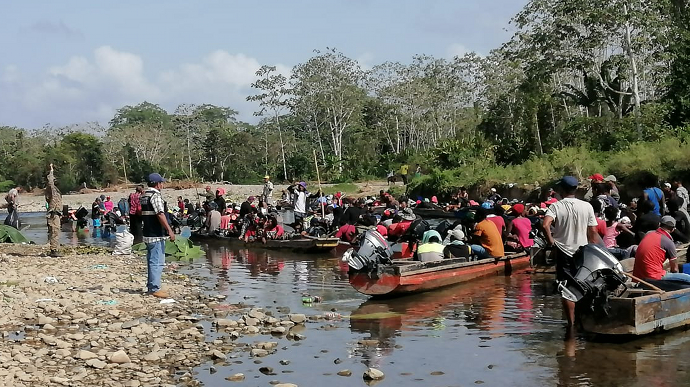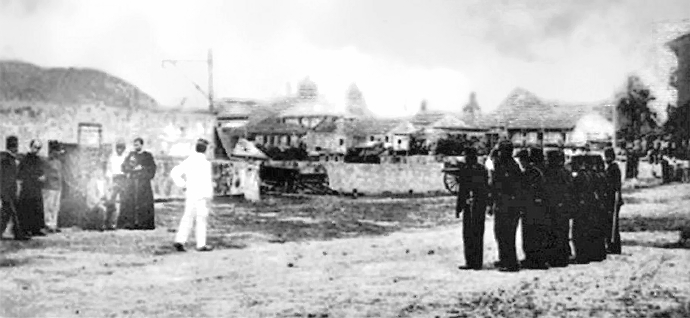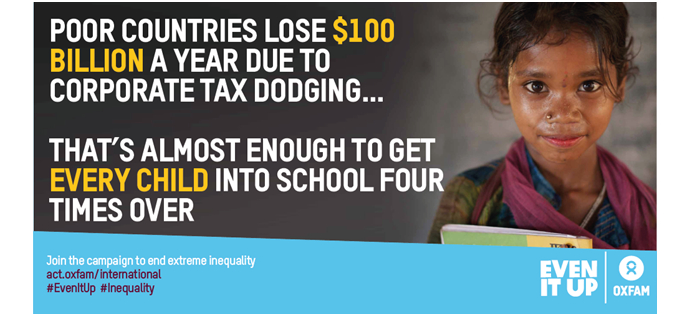The heaviest blow doesn’t especially show. I got hit on the left temple by someone with a rock held in the fist, and it was a knockdown, probably a KO. I also took some dings from fists, feet and thrown rocks and beer cans, but following a bad teenage martial arts habit I interposed my left arm or hand between my head and what was about to hit it in most of these instances. Afterward, was it the head injury or the depression that most slowed my work? Hard to say. Beyond my budget to properly evaluate. In any case it has been getting better.
A crime injury for a Panagringo
on the informal economy here
by Eric Jackson
Panama has a bifurcated socialized medicine system, alongside a private system, and more or less has had this since the late 1930s. We also have this predatory, opportunistic business culture, some features of which have us on the European Union’s financial blacklist.
The notion here is that foreigners with money are encouraged to park their money via anonymous corporations in numbered bank accounts, and to buy overpriced real estate in upscale gated communities or condo towers. For ordinary health care, the existence of the public Social Security and Ministry of Health hospitals and clinics keeps prices in the private side down, for the most part. But for medicines, for nursing home care and for expensive things like cancer treatment, there are “gringo prices” and generally poor services on the private side. For a lot of things, if you do not qualify – are uninsured for the Social Security system, or are not a citizen to qualify for full use of the Ministry of Health system – you can just walk in and pay for services, which tend to be quite affordable.
Me? I was born here to American parents. I grew up colonial in the old Canal Zone until age 13, then came back in my early 40s. By circumstances of birth I am a dual citizen of Panama and the United States. Now, one of the rallying cries of neofascism here is to strip people whose parents were not Panamanian of our citizenship. In 1941, a previous Nazi symp regime stripped every Panamanian of West Indian, Middle Eastern or Asian ancestry of his or her citizenship. That provision, and that government, was cut short by a coup instigated by one Franklin D. Roosevelt. But xenophobia is on the rise and manifests itself among some Panamanians.
If you die here, we have a legal system and a culture that encourages the looting of your estate. For all practical purposes, there is no legal recourse for somebody injured by medical malpractice here, and there is no disbarment of unethical lawyers.
What would you pay in the States if you walked into an emergency room with dengue fever? At the public policlinica near where I lived, I did that and paid $18 for all of the services and medicines, and had a free follow-up visit.
But my stepfather who was not a Panamanian citizen? He was afflicted with Alzheimers and ended up with private care in a for-profit nursing home, a hellhole where he died of septicemia from infected bed sores.
My brother who was not a Panamanian citizen? He was an alcoholic and developed liver disease. The family paid for his initial hospitalization and stabilization at a Ministry of Health facility. At the point where it was thought that he might have liver cancer and needed tests to determine if that was the case, he was told that this service is unavailable for foreigners, that he had to leave Panama and go back to the United States in order to get further treatment. He did so, and died of hepatitis in Colorado at great expense to Uncle Sam about a year later.
My latest medical emergency here in Panama? A gang of young thugs had been breaking into my house to steal things, and into the homes of other senior citizens in the neighborhood to do likewise. They weren’t just picking on the one ethnic American and one of the few white people in the neighborhood. They were picking on those whom they thought to be easy victims. The police were informed but declined to send anyone out, for me nor anyone else being hit by this wave of break-ins. Got these War on Drugs priorities you see, plus worthy people pay for private protection.
They would often hang out next door. On June 4 they escalated, smashing a hole through my bedroom wall and stealing things, with a return visit to take more every time I went out. I called them out about it in public, which was a crazy old gringo sort of thing to do. Yeah, well – among the people upon whom they picked was not only a manic depressive, but an agitator and an observant journalist. Smash into a bipolar’s home and you will generally elicit a manic rage.
On June 22 a gang of five maleantes (thugs in Panamanian Spanish) assembled in front of my house, throwing stones and beer cans at the house, at the dogs and at me. I was put in a choke hold – which I broke by biting the guy on the forearm – beaten by five people (one of whom hit me in the temple with stone in hand), robbed of the remaining tools of my journalist trade (computers and cameras) and had my house smashed up some more. And some neighbor women who saw and heard called the cops. This time the police came and the maleantes fled. But they did find the guy who put me in a choke hold wandering the streets, and he did have this identifying bite wound on his forearm.
The cops took me to the town’s clinic, where the doctor took a look at me and said that I needed to go to the provincial hospital and get a CAT scan and an EEG scan. Another couple of cops came and took me not to the hospital, but to the prosecutor’s office where the receiving prosecutor held me for more than six hours of questioning, insinuated that I’m a racist, repeatedly warned me about the penalties for filing a false police report. She was done in the wee hours and instead of taking me to the hospital, she had a prosecutor van take me to my smashed up home and told me to await more prosecutor visits the following day. Repeatedly, at the Public Ministry I produced my Panamanian cedula – official government ID that everyone must have – but they kept on demanding a US passport. (Which is one of the things missing as I have taken inventory of what’s gone from my messy guy cave after this crime spree. It was expired anyway and I don’t have plans to travel, but I do plan to vote for in US congressional elections next year and Michigan may require an up-to-date passport for me to do so.)
The police saved the day by arresting the assailants, recovering a cheap Nokia “dumb phone” of mine from one of them. The lieutenant confided in me that one of the things they did was parade the suspects in front of the neighbors in handcuffs. So back to the receiving prosecutors’ office, where she presented me with the phone in a plastic bag and I said it looks like mine but I’d have to check. She objected but her superior, with a cop standing nearby, overruled her, the phone was taken out, I turned it on and there was the call log that included my mother. Positive ID, although the lady was sniffing about broken chain of custody.
New prosecutor on the case, four of my five attackers in preventive detention for aggravated robbery. Trial next year. Perhaps five-year sentences in Panama’s hellish prisons. No cause for glee on my part.
FINALLY, more than two days after the attack, I was taken to the hospital. There was a CAT scan, and various other tests were taken. The EEG was unavailable. Another police lieutenant questioned me under sedation. I was told “cerebral hematoma,” not bleeding anymore so I would not die, and prescribed five medications, which under the rules of when cops bring crime victims to the hospital, are supposed to be free at the public pharmacy. The provincial hospital pharmacy only had one of them. The others I had to pay $68 to a private pharmacy to buy.
My laptops were surreptitiously returned – I believe by the family of one of the maleantes but can’t be sure. Readers of The Panama News, which publishes on donations, helped me patch the holes in my house, improve the fencing and resume work.
I am still not entirely recovered, but get better day by day. I lack the resources to pay the specialists I’d need to more closely examine the post-concussion situation. I resort to my garden for the herbal cure – teas of the cecropia leaf and the turmeric root – and let time reconnect the synapses. I had the honor to meet Muhammad Ali a couple of times after his boxing days, so I do know that time doesn’t necessarily heal all, but then I was a big fan when he was fighting and know for sure I took nothing like the punches he did.
Life goes on at 9°N. It would be so much better if there was a US-Panamanian treaty that ensured something like Medicare for Panamanian citizens in the USA and for US citizens in Panama. And better to spend American dollars on medicines for public hospital pharmacies than on “The War On Drugs,” in my opionion.
Contact us by email at fund4thepanamanews@gmail.com
To fend off hackers, organized trolls and other online vandalism, our website comments feature is switched off. Instead, come to our Facebook page to join in the discussion.
These links are interactive — click on the boxes
